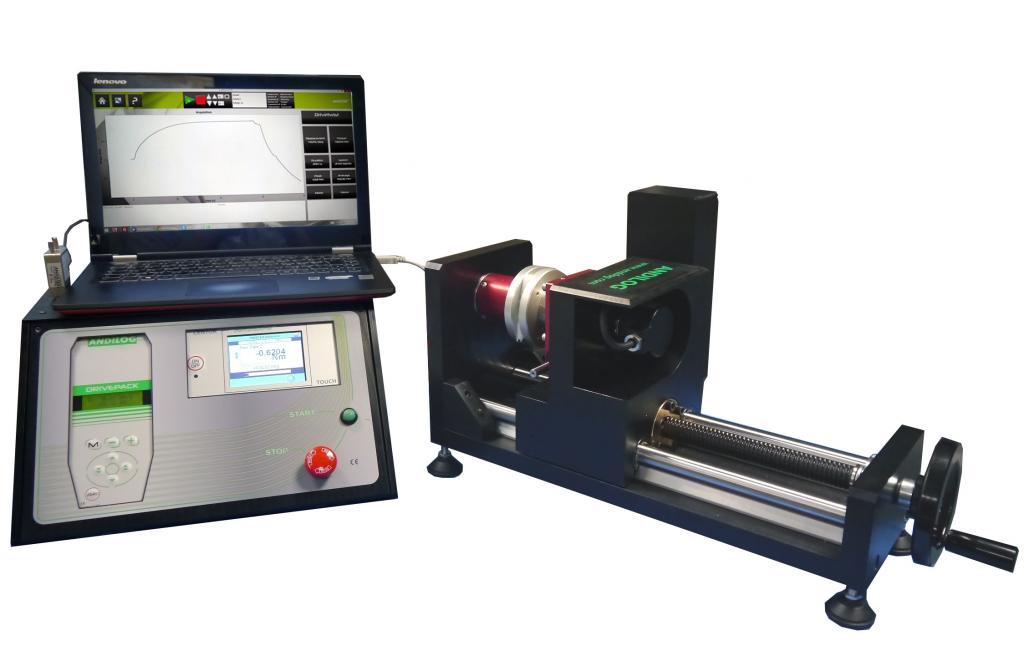
Torque testers are the unsung heroes of many industries, ensuring products function flawlessly by measuring the rotational force applied (torque) during various processes. These versatile tools play a critical role in guaranteeing quality, safety, and reliability across a wide spectrum of applications. Let’s delve into some key industries where torque testers are extensively used:
Keeping Cars on the Road: The Automotive Industry:
In the automotive world, torque testers are vital for the proper assembly and operation of crucial components like engines, transmissions, and wheel nuts. By In the automotive sector, torque testers are indispensable for ensuring the proper assembly and functioning of critical components such as engine parts, transmission systems, and wheel nuts. By accurately measuring the torque applied during assembly, manufacturers can prevent under or over-tightening of bolts, reducing the risk of mechanical failures, leaks, and safety hazards. Torque testers also play a vital role in quality control processes, helping automotive companies maintain high standards and comply with industry regulations.
Ensuring Flawless Assembly Across Manufacturing:
Throughout manufacturing and assembly lines, torque testers are essential for maintaining product quality and consistency. From delicate electronics to everyday appliances, torque-sensitive components require precise torque application to function optimally. Torque testers guarantee that screws, bolts, and fasteners are tightened to the exact specifications, preventing assembly errors, product defects, and costly rework. Additionally, they help manufacturers identify faulty components or assembly processes early in production, minimizing waste and boosting efficiency.
Where Precision is Paramount: Aerospace and Defense:
In the aerospace and defense industries, where precision and reliability are absolute necessities, torque testers play a critical role in ensuring the integrity of aircraft and military equipment. From securing aircraft panels to assembling missile components, torque testing verifies the tightness of fasteners and critical connections, safeguarding against mechanical failures, structural damage, and safety risks. Torque testers are also used during maintenance and repair operations to monitor the condition of fasteners and ensure compliance with stringent aerospace regulations.
Safety First: Medical Device Manufacturing:
In the highly regulated field of medical device manufacturing, torque testers are crucial for guaranteeing the safety and efficacy of medical equipment and instruments. From surgical implants to diagnostic devices, precise torque application is essential to maintain product integrity and patient safety. Torque testers verify the proper assembly of components like syringe caps, catheters, and surgical instruments, minimizing the risk of malfunctions, leaks, and contamination. Additionally, torque testing helps medical device manufacturers meet stringent regulatory requirements and quality standards.
Keeping Consumer Electronics Reliable:
In the world of consumer electronics, where products are constantly shrinking and becoming more complex, torque testers play a crucial role in ensuring product reliability and performance. From smartphones to laptops, torque-sensitive components like screws and connectors must be properly tightened to prevent assembly defects, signal interference, and device malfunctions. Torque testers verify the consistency of torque application during assembly, helping manufacturers deliver high-quality products that meet consumer expectations for durability and reliability.
Ensuring Safety in Oil and Gas Production:
In the oil and gas sector, where equipment operates in harsh and demanding environments, torque testers are essential for maintaining the integrity and safety of drilling rigs, pipelines, and wellheads. Torque testing ensures that critical components like valves, flanges, and bolts are tightened to the required specifications, preventing leaks, equipment failures, and environmental hazards. Additionally, torque testers are used during routine maintenance and inspections to monitor the condition of fasteners and detect potential issues before they escalate.
Final Thoughts:
Torque testers are essential tools across a diverse range of industries, safeguarding product quality, safety, and reliability. From automotive manufacturing to medical device production, these instruments help maintain precise assembly standards, prevent mechanical failures, and comply with critical regulations. Whether it’s tightening bolts on a spacecraft or assembling a smartphone, torque testers play a vital role in ensuring the smooth operation and performance of products across various industrial sectors.

